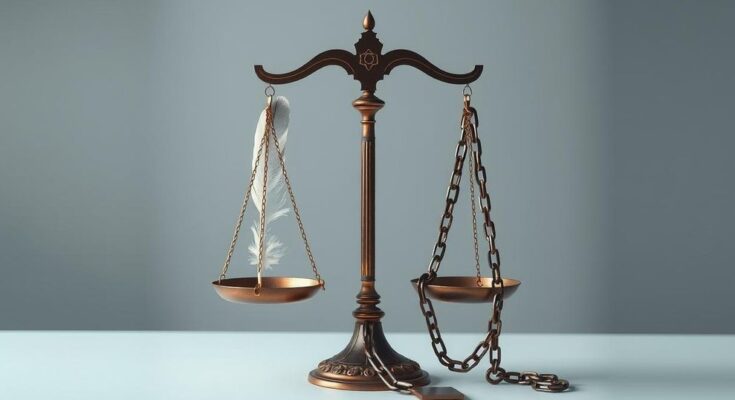As the United States reflects on the life of former President Jimmy Carter, discussions about his legacy prominently feature his humanitarian efforts and commitment to human rights, areas where even critics recognize his unique contributions. Unlike many of his predecessors, who spent their post-presidency years enjoying a quieter life, Carter dedicated himself to charitable work: building homes for the less fortunate, combatting deadly illnesses, and addressing controversial topics, such as denouncing apartheid against Palestinians.
During his presidency (1977-1981), Carter infused human rights rhetoric into U.S. foreign policy, establishing a crucial framework for leaders worldwide. While his intention was commendable, historians emphasize that Carter often overlooked human rights violations committed by U.S. allies, particularly in nations like South Korea and Indonesia, where his administration chose political expediency over moral principles.
The Indonesian regime, amidst its catastrophic invasion of East Timor, gained unexpected support from the Carter administration, which instead of curbing military assistance, opted to downplay reports of atrocities. While its own officials understood the gravity of the situation, the U.S. government chose to continue its backing, fueling ongoing human rights abuses despite worldwide outcry.
Historian Bradley Simpson noted, “But we have to acknowledge that there were real atrocities that took place during the administration, about which they were directly aware and made a deliberate choice to continue with policies that led to enormous human suffering.” Initially, Carter’s election in 1976 offered hope for those disillusioned by political scandals and Vietnam War fallout, a promise seemingly realized through his focus on integrity and rights.
Barbara Keys, a history professor, remarked, “He was the first significant global leader to formally say that our foreign policy is going to include the promotion of international human rights,” setting a benchmark for future administrations. Nevertheless, this newfound rhetoric had pragmatic implications; it enabled the U.S. to leverage human rights promotion against adversaries like the Soviet Union during the Cold War.
Despite Carter’s image as a human rights advocate, many advisers within his administration were hesitant to support this approach. In instances where cutting off aid to oppressive allies was considered, national security adviser Zbigniew Brzezinski dismissed such suggestions, insisting on considering only serious proposals that aligned with U.S. interests.
The East Timor crisis presented a significant test for Carter to exercise his human rights stance, but instead, military backing increased, further entrenching human suffering. Reports produced under his administration attempted to misrepresent the dire humanitarian conditions, contradicting evidence received from U.S. officials in the region.
South Korea, too, illustrates Carter’s conflicting interests, as during the Gwangju uprising in May 1980, U.S. support was firmly behind the military government, resulting in numerous civilian casualties. Journalist Timothy Shorrock highlighted how the administration prioritized geopolitical stability over the demands for democratic reforms, allowing troops to suppress popular uprisings against brutal dictatorial rule.
As civil unrest intensified, Carter’s administration remained committed to national security rhetoric, mirroring the language of authoritarian leaders. Echoing the justifications provided by South Korea’s military for repressive measures, this rhetoric allowed Carter to continue supporting practices contradicting his commitment to human rights.
As discussions center around Jimmy Carter’s legacy, his humanitarian work and emphasis on human rights stand out. However, historians note he often overlooked human rights violations by U.S. allies, particularly during his presidency. His actions in Indonesia and South Korea further complicated his role as a promoter of human rights, leading to critical assessments of his policy decisions.
In examining Jimmy Carter’s legacy, it becomes evident that while his commitment to human rights set a significant precedent, the realities of global politics sometimes necessitated compromises that undermined those principles. His administration’s support for repressive regimes like Indonesia and South Korea ultimately highlights a pivotal tension between moral ideals and pragmatic governance, leaving a complex and nuanced legacy that continues to be scrutinized today.
The article explores the complex legacy of Jimmy Carter, focusing on his role as a promoter of human rights during his presidency and the subsequent contradictions in his policies. Historians highlight the discrepancy between Carter’s humanitarian rhetoric and his administration’s actions regarding U.S. allies accused of severe human rights abuses, particularly in East Timor and South Korea, underscoring the multifaceted and often paradoxical nature of leadership in the 20th century seemingly driven by moral imperatives yet influenced by strategic interests.
Original Source: www.aljazeera.com



